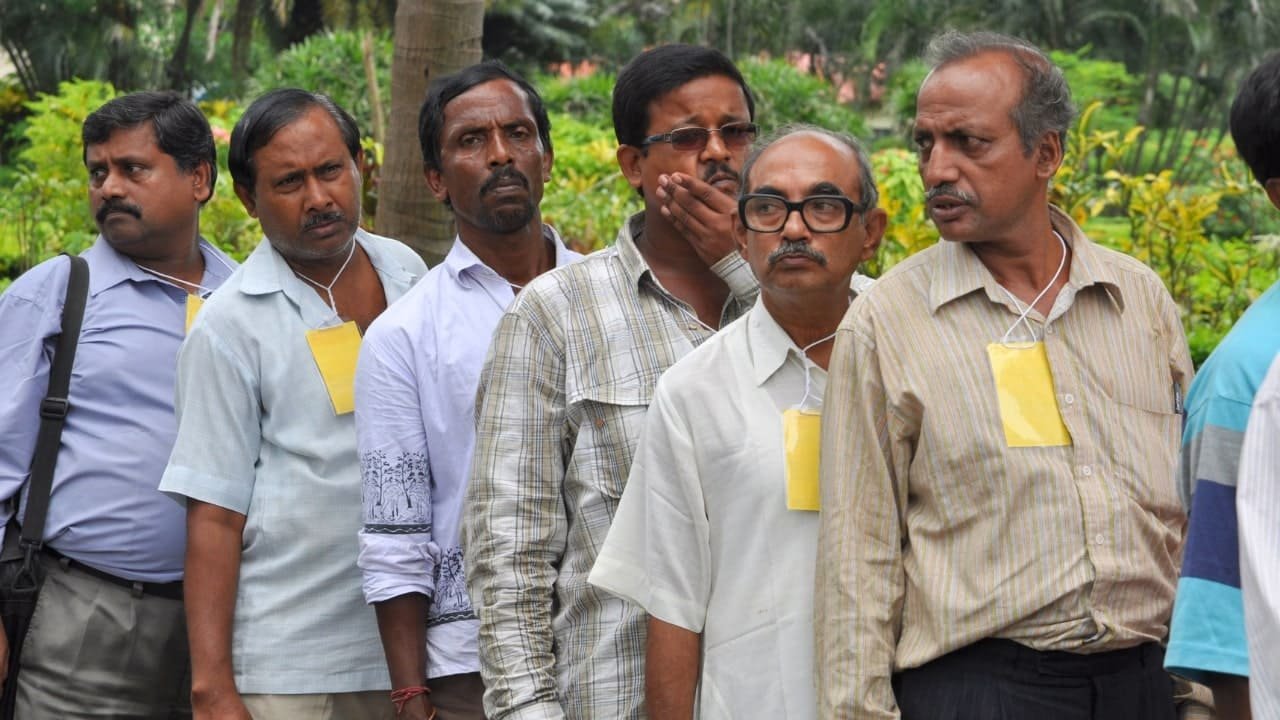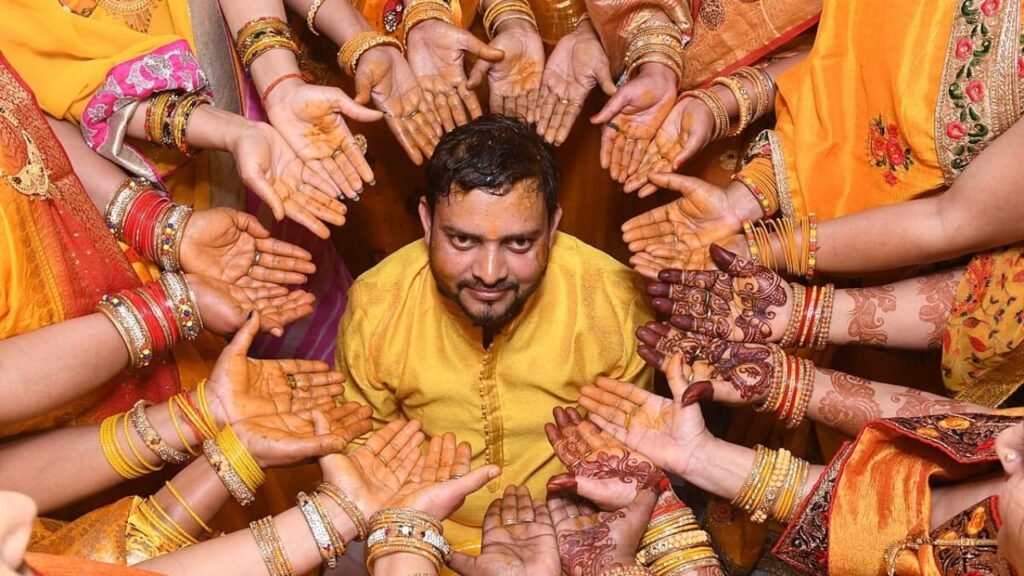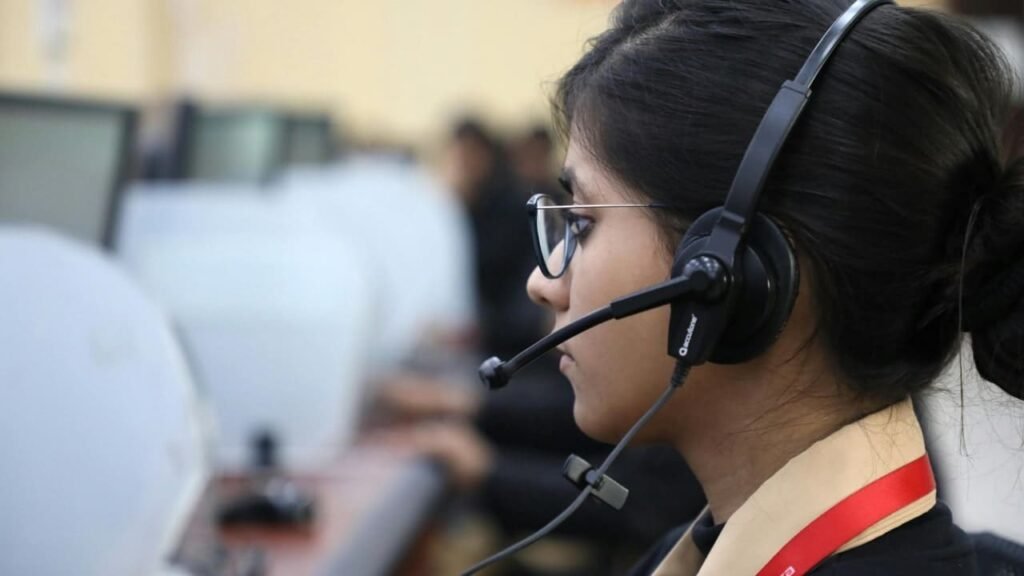
Table of Contents
13.9% of Indian men face mental health issues. And you know what’s the interesting part? It is over 6% higher than Indian women. This is a growing problem that needs to be discussed but no mainstream media channel will consider it as an important topic of discussion for its prime time debates.
So we at Clarity Circuit thought, why not do it? After all, the change starts from us.
June, the month gone by, is considered as the Men’s Mental Health Month. I know I am publishing this article a few days late but still, there is no better time for us to discuss the mental health problems men face silently, especially in India.
The BIG PROBLEM? Even if a man knows that something is wrong with his mental health, it’s very hard for him to seek help. It’s because society expects him to be strong and not show any sign of weakness. Why?
Because he is THE MAN. Remember?
Due to this, most men keep their feelings hidden.
According to the National Mental Health Survey (2015-16), 15% of Indian adults need help to treat their mental health issues, but men are less likely to ask for it. The World Health Organization reports that in India, 20.6 out of every 100,000 men die by suicide, compared to 8.1 out of every 100,000 women. This indicates we need more awareness about mental health and the stigma that stops men from seeking help.
The Stigma in Indian Men

In Indian Society, men are expected to be tough and not show their feelings. This kind of expectation is fueled by both culture and mainstream cinema which has a big influence in the country. Be it Western or Indian mainstream cinema, most movies have consistently shown an ideal man as strong and courageous, who will never bow down to any kind of weakness.
“Mard Ko Dard Nahi Hota.” This famous dialogue from Hindi movies means a man does not feel any pain. Does this mean a man who feels pain, is a lesser man?
This kind of expectation and stereotyping makes it hard for them to talk about their mental health. A 2017 study by the Indian Council of Medical Research (ICMR) found that 197 million Indians had mental health issues, with depression affecting 45.7 million and anxiety-related disorders affecting 44.9 million. However, the worrying factor is that 83% of these cases are left untreated because of stigma and lack of resources.
Why Stigma Exists?
- Traditional Roles: Men are seen as the family’s breadwinners and protectors, so they are taught not to show any weakness. “Don’t cry like a girl”, and “Boys don’t cry” are common statements we heard often during childhood.
- Cultural Views: Mental health issues are often misunderstood and seen through the lens of superstition.
- Lack of Knowledge: Many men don’t know the symptoms of mental health problems and never realize they need help.
A Real Story of Struggle
Ambuj Sen Patra, 20, Student, Delhi: “I started self-harming at 11 because of academic pressure. Being a high achiever, even a small drop in grades felt like a failure. In military school, I was blamed for everything going wrong. Cutting myself made me feel in control when everything else seemed out of control. When I finally opened up, I realized I just needed someone to talk to”
This story highlights the challenges men face at an early age and the different ways they manage to find help and support. Sharing such experiences helps reduce the stigma and encourages others to seek the help they need.
70% of Calls to The Helpline Were from Men

In September 2020, The KIRAN helpline was launched by India’s Social Justice and Empowerment Ministry, for providing mental health support for people in need of help.
And guess what?
Shockingly, 70% of the calls received on this 24/7 helpline were from men. This shows that while men may be hesitant to seek help publicly, they do reach out anonymously, highlighting the importance of such initiatives and the simple fact that all they need is someone to talk to.
When Left Untreated
Getting early help for mental health problems can save a huge number of lives. The untreated conditions lead to substance abuse and suicides.
According to the National Crime Records Bureau (NCRB), in 2021, over 10,000 suicides in India were linked to drug and alcohol addiction, with more than one such death reported every hour. Additionally, a national survey found that 14.6% of people aged 10-75 years used alcohol, and around 2.1% used opioids. The survey also indicated that around 15.8 million children aged between 10 and 17 years are addicted to substances in India (MOHFW) (PIB).
Shocking, isn’t it? We can’t go on like this. This needs to STOP.
First Step To Break The Cycle
Breaking the stigma around men’s mental health is not that simple. To see tangible results, efforts are required at all levels.
Here are some practical steps:
- Education: Schools and workplaces should teach about mental health and encourage open discussions among students or working professionals.
- Community Support: Safe spaces should be provided for men to talk about their mental health without fear of judgment. This is popular in Western countries, but rare in India.
- National Campaigns: The concerned ministry of the government must run campaigns targeting men’s mental health, normalizing the discussion and promoting the message that seeking help is a sign of strength.
By changing the narrative around men’s mental health, by showing it’s completely normal to discuss mental health, we can encourage more men to seek the support they need.
How Society Can Help?

Society plays the most important role in changing attitudes towards men’s mental health. People around a person who needs help have a big influence on his decision-making process. Here’s how everyone can contribute:
- Families and Friends: Create supportive environments by encouraging open conversations about mental health and helping men express their feelings. It might look awkward at first, but when you identify that your friend or family member needs help, step up and make this happen. You are doing this for them.
- Employers: A recent report has revealed that a staggering 86 per cent of Indians feel they are “suffering” or “struggling” at their workplace. It’s hard to even imagine the level of stress these employees must be going through daily. Organizations must take employee well-being seriously. They must implement mental health programs and provide resources for employees struggling with mental health issues like providing weekly access to a counselor.
- Cinema and Celebrities: Cinema has a huge impact on Indian society. In India, actors and crickets are worshipped as god figures. This is the time for them to use their charisma wisely. They must encourage positive portrayals of men seeking help for mental health issues similar to movies like Taare Zameen Par which showed the right way to educate a dyslexic child suffering due to stigma.
Conclusion
To make India a place where men’s mental health is taken seriously, we need to change how we think about it. Everyone—schools, workplaces, the government, and the movie industry—needs to work together. We should talk about mental health openly and without judgment.
If men get help when they first notice something is wrong, it can stop more serious problems like substance abuse or suicide. As we observe Men’s Mental Health Month, let’s promise to raise awareness about mental health. Learn about mental health, support efforts to reduce stigma, and talk about it openly in your community.
Together, we can make a difference and create a place where men’s mental health is understood and supported.
To keep getting clarity on such interesting topics, please subscribe to Clarity Circuit.
Recommended Articles
If you found this topic interesting, you might also enjoy reading these articles:
Unemployment Problem in India: Top Challenges and Best Solutions


